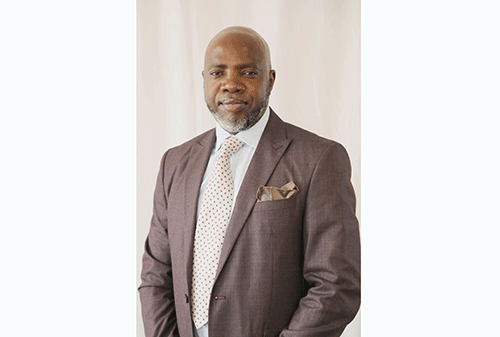Audrin Mathe
On the 14th of February 2023, President Hage Geingob will officially open the Parliament of Namibia. For better or for worse, parliament was in the news last year.
That is unlikely to change in 2023. The Namibian parliament, like other democratic parliaments worldwide, performs three core functions: to represent citizens’ interests, to pass laws, and to monitor the actions of the government.
This function is strongly linked to the representation function in that it is through the will of the people that the parliament
receives its authority.
Parliamentary debate is a highly public process, concerning public problems, with serious and far-reaching consequences.
For that reason, the rhetoric of parliamentary debate demands special scrutiny.
Debates generally offer parliamentarians a chance to show voters (and donors) that they are good people.
In that sense, the parliamentary debate is a mirror of society, a legislator’s
opportunity to prove they share prevailing social values.
Furthermore, the
parliamentary debate is a chance for lawmakers to transform the opinions of others, and sway the views of political commentators and journalists and reach out to the voters, persuading them of a new perspective or explaining a position.
For some parliamentarians, debate can even be an opportunity for positioning themselves.
Because it is a public process, the legislative debate also functions as an educational tool.
Both the media and individual citizens look to legislators as a source of information.
Most journalists, unfortunately, frequently cite members of parliament’s comments uncritically.
The current quality of political argument and public competence constitute a threat to democracy. In 2022, the nation experienced a crisis of malaise that went deeper, and was more ominous than the economic challenges at hand.
The parliament was reduced to threats, insults and howling. There is a lot of cut and thrust on the floor of the Chamber, but there are rules about what can and cannot be said.
Many Members of Parliament have had to withdraw “unparliamentary” words and phrases, and apologise. Some have pushed the boundaries of the meaning of bad language by using expressions that conveyed their intent without attracting the presiding officers’ attention. Institutional acts of verbal abuse and defamation, such as parliamentary insults, serve only to fertilise fallacies that substitute policy debates.
It is not that the existence of our democratic processes are in danger, not that our cultural preference for the democratic style has changed. Rather, it is that the substance of public policy debate is diminished.
The melancholy is not new. It is not entirely clear that the degree of the problem will be decelerating soon. But it is clear that the condition was vastly better in the past.
It is a condition that has become engrained in contemporary political discourse, and in our critical consciousness towards that practice that some may find difficult to conceive it as a problem.
For those, these thoughts may be dismissed as hopelessly idealistic.
It is incumbent upon all Namibians to demand an improved political argument.
The electors must also demand that public competence should be a part of the rhetorical agenda for strengthening the communicative practice of parliament.
* Audrin Mathe is the executive director in the Ministry of Information and Communication Technology.



